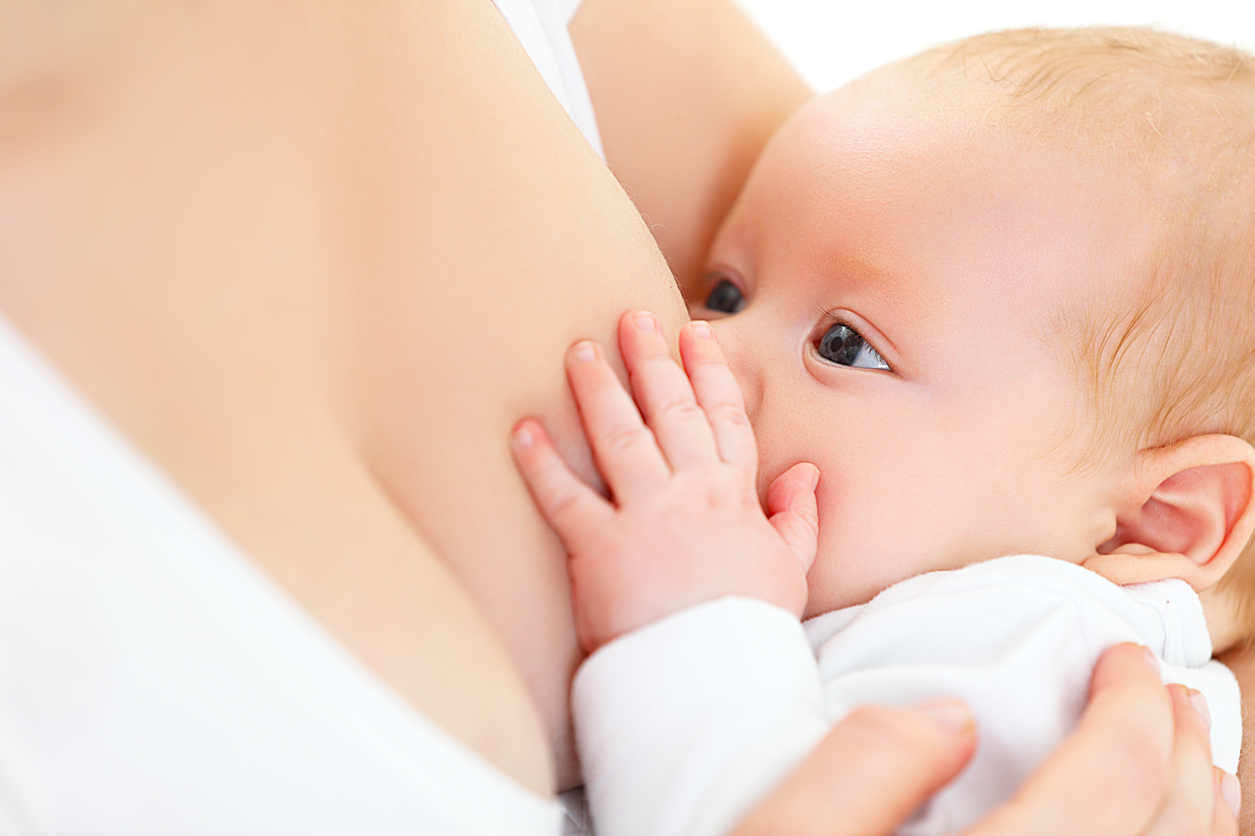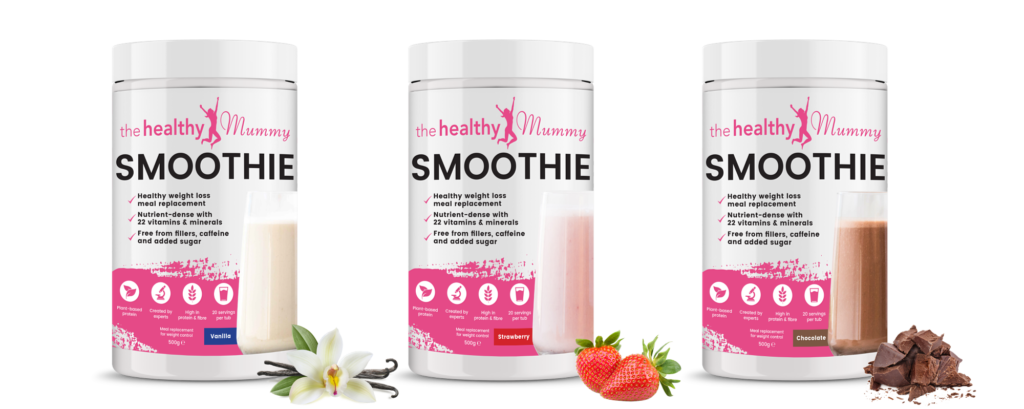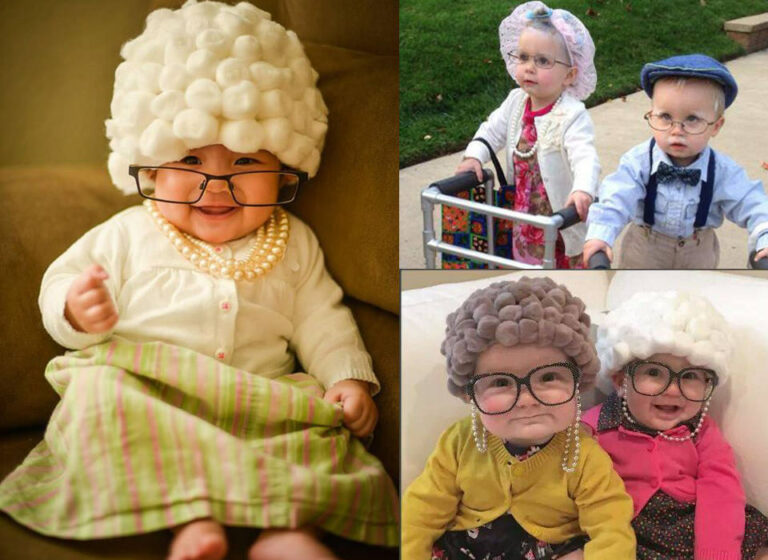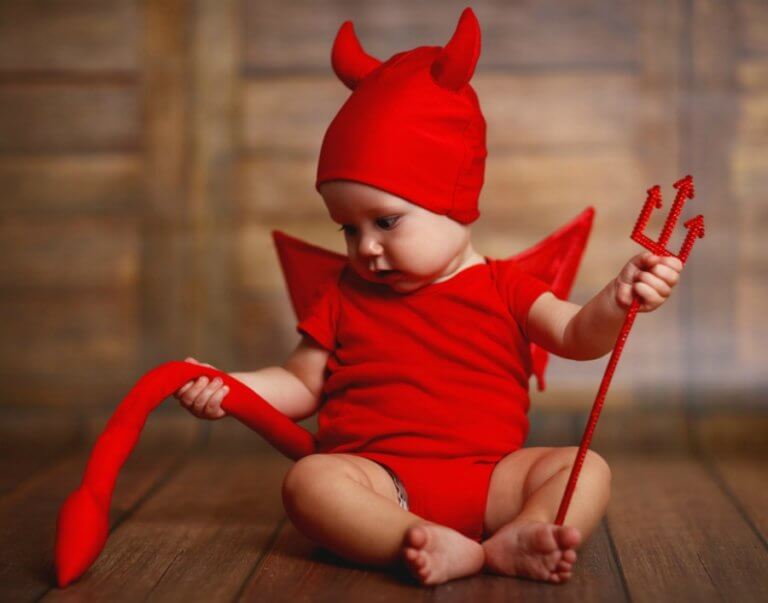The reality of mastitis: mum rushed to emergency room following ‘excruciating’ breastfeeding
There is no doubt breastfeeding can be a little tricky to master – especially at first. Breastfeeding sometimes comes with complaints of sore nipples, tenderness and even itchiness.
While most of the time, these symptoms are normal and easily treated with ointment and medication – there are times when breastfeeding side effects can become a little more alarming.
This mum has bravely opened up about one of the painful and potentially life-threatening side effects of breastfeeding in a social media post.
Mum rushed to emergency room following ‘excruciating’ breastfeeding
Some mums have no problems when it comes to breastfeeding their newborn. However, other mums may struggle. This was blogger and mum Remi Peers’ experience.
“Breastfeeding did NOT come easy for me. My milk came in after 5 days. I wasn’t aware it could take that long, I didn’t even necessarily know what “milk coming in” meant. (Nobody ever taught me.)
“I was the only mother breastfeeding in my ward. One women did try to breastfeed, but switched to formula after 12 hours because she “had no milk” (nobody taught her either.)
“While the other babies slept with full bellies, my son screamed and cried attached to my breast through the night. (What was cluster feeding? Nobody told me) When I got home problems started to arise – my nipples literally cracked in half.”
Remi goes on to admit that she did not enjoy breastfeeding AT ALL, at the start. “I have never felt such pain, I dreaded every feed, but persisted with tears in my eyes until I was healed. (Nobody taught me that breastfeeding could be painful, nobody taught me what a good latch looked like). When feeding my son out in pubic I would either go to the bathroom or pump at home and feed him with a bottle,” she says.
“Because I felt embarrassed and as though I would make others uncomfortable. This resulted in clogged ducts and engorgement.”
View this post on Instagram
But Remi, says things then got worse, as she realised she was suffering from mastitis.
“Then came mastitis. I remember waking up at 3am shivering, putting on my dressing gown and extra blankets and trying to feed my son. The pain. It was excruciating. I was shaking and sweating but freezing to my bones,” Remi says.
“We got my stepdad, a doctor, he took my temperature and said it as slightly high, but to take a paracetamol and try and sleep. 7am comes, I’ve had no sleep, and now I’m vomiting, he takes my temp again. 40 c. I had developed sepsis [blood poisoning] overnight.”
Sepsis is a life-threatening illness caused when the body fights an infection, says Health Line. And this is what had happened with Remi, as the bacteria that had caused the mastitis had spread to her bloodstream.
Remi says: “I was not able to recognise the more subtle signs of mastitis (as I had seen no redness that day) I was rushed to resus [emergency ward], given morphine, anti sickness and the strongest antibiotics they could give. I was heartbroken.”
Fortunately, Remi was treated in time and has made a full recovery. But she says women need to be educated on breastfeeding like they are with childbirth.
“This is why so many breastfeeding relationships end before they’ve even really started,” she says.
“I see many professionals push ‘breast is best’ almost aggressively in some cases, and yet there is no real support post baby. Breastfeeding is HARD, it needs to be taught and it needs to be learned. Just like walking, talking, reading and writing – it may be natural, but it does not always come naturally.
“If new mothers knew just how difficult it can be at first, more would take themselves to prenatal breastfeeding classes, buy books, join forums, and ask more questions- But we don’t, we just assume that it will feel as natural as breathing. Because no one ever told us.”
We agree with Remi, that there needs to be more awareness and education when it comes to breastfeeding.
Remi tells The Healthy Mummy the reason why she decided to share her story.
“I wanted women who encounter troubles with breastfeeding to know that they aren’t alone, that it is actually very common to find breastfeeding difficult, and that it DOES get easier and it is possible to have a successful breastfeeding relationship despite the troubles,” she tells us.
“I researched a lot during my pregnancy about a huge range of parenting subjects, including breastfeeding, but I still was not prepared for the struggles I faced, and that’s why I believe there needs to be more face to face education and support.
“I have had an amazing response to my post, lots of women have thanked me and shared their own stories. And I have had quite a few messages from women actually suffering at the moment asking for advise on how to get through and other breastfeeding tips. As a huge breastfeeding advocate myself (who is still breastfeeding my 1 year old) I want to empower mothers, share my knowledge, and help them succeed.”
While Remi’s breastfeeding drama is far less common – it is important that women are educated early on about breastfeeding side effects, what to look out for and what to expect. After all, every breastfeeding story is different.
This is why The Healthy Mummy dedicates a lot of time connecting with researchers and working with specialists to shed light on some of these concerns. If you are expecting and/or are a new mum – make sure you have a chat with your healthcare practitioner about all things breastfeeding. Breastfeeding can be a truly special time for mum and baby – it’s just important for mums to know that they are not alone – and help is available – if things become a little tricky.
Thank you Remi, for giving us permission to share your story. We’re so glad you’re okay after such a scary situation.
What is mastitis?
Mastitis causes an inflammation in the breast and is often a result of a blocked milk duct.
It’s very common among breastfeeding mothers and can be very unpleasant if left untreated. It’s important to recognise the symptoms as early on as possible.
Around 15-20 per cent of breastfeeding mums experience mastitis, and the highest risk of it occurring is in the second and third weeks after giving birth.

Symptoms of mastitis
Symptoms of mastitis can often include:
- Localised redness in the affected breast
- Pain and heat in the affected breast
- You may develop flu like symptoms such as fevers, chills, and aches.
According to the La Leche League GB, your best bets against preventing mastitis include:
- Make sure baby is attached well to your breasts and feeding well.
- Breastfeed your baby as often as your baby wants to be fed.
- Refrain from avoiding or missing feeding.
- If a breast becomes full beyond comfort, wake your baby for a feed.
- If your baby is not interested in feeding, express a small amount.
- Cease putting pressure on your breasts e.g. with clothing or with your fingers while feeding
- Try and get as much rest as possible.
- Ensure that you alternate breasts when it comes to feeding.
- Try not to give your baby any other fluids except your breastmilk, unless medically advised to.
Please note these points and other information regarding mastitis, including information on what to do and additional resources can be found on the La Leche League GB website.
Here at The Healthy Mummy, we advise any mum who thinks they may be suffering from mastitis to chat with their healthcare practitioner as soon as possible.
Did you know our Healthy Mummy Smoothies are breastfeeding-friendly?
As we all know, being a mum can be exhausting which can leave us too tired to eat the right foods and get the right nutrition in our diets. This is where The Healthy Mummy Smoothie can help.

How can Healthy Mummy Smoothies benefit you?
- Healthy Mummy Smoothies are an excellent source of essential vitamins, minerals, nutrients & important antioxidants
- Don’t contain weight loss accelerants, caffeine, gluten and are just 1% dairy. They are also a non-Genetically Modified product.
- Can help with weight management when used as part of a diet and exercise plan
- Provide the best possible nutrition for energy
- Breastfeeding-safe and are designed to help to support milk supply
- They have no added sugar, and contain the good fats omega 3 and 6.
- Low GI & high fibre which helps you feel fuller for longer and aids digestion
- Quick and easy to prepare and taste delicious
- High in protein & lower in sugar than any other product on the market
Order your Healthy Mummy Smoothies today.



